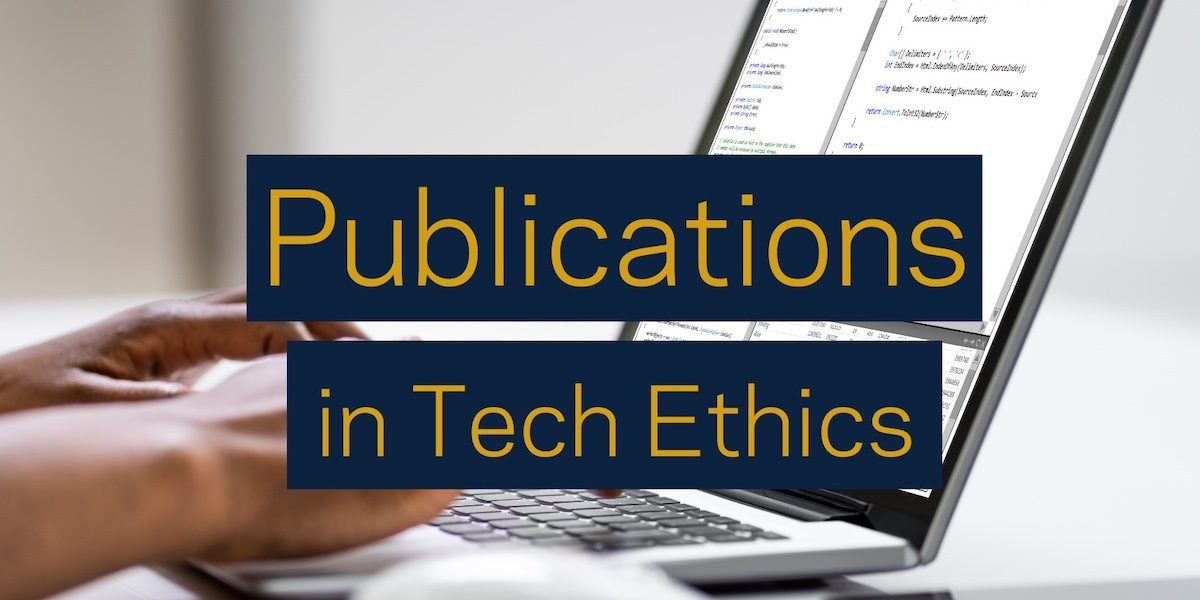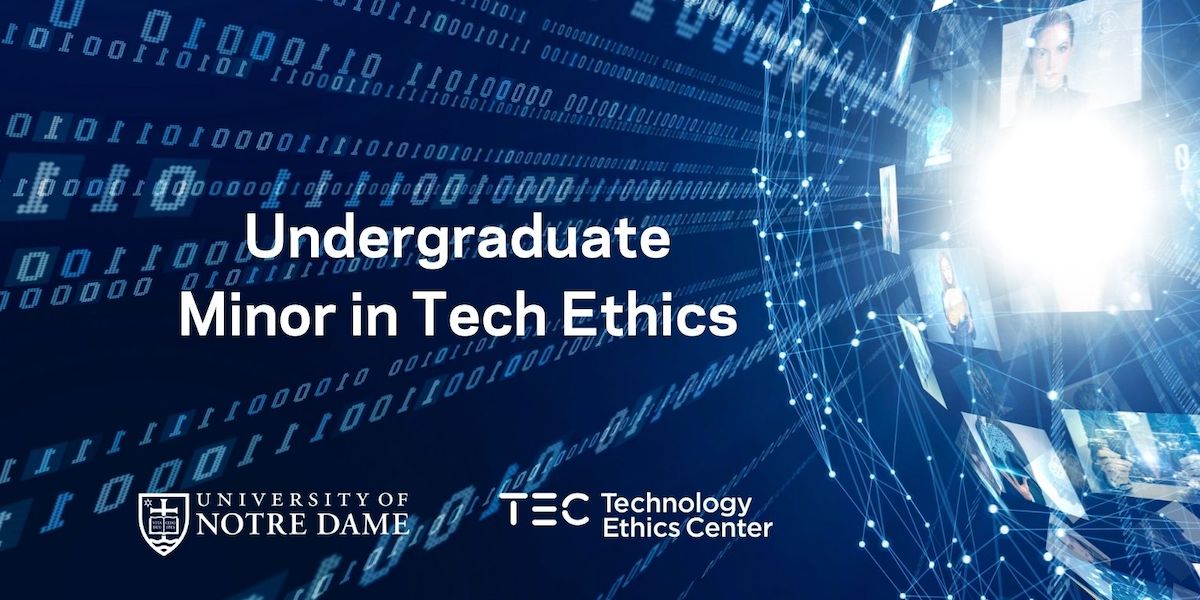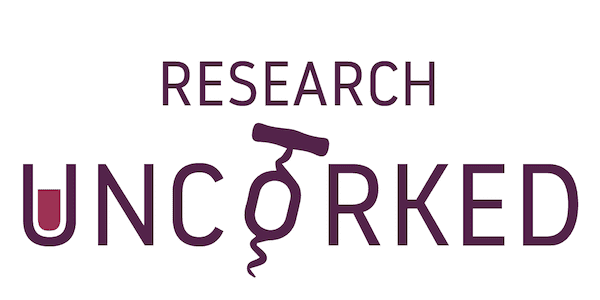Deepfake Conference Panel III: Marginalized Populations
How can truth emerge in a deep-fake ridden marketplace of ideas? Are we ready for the looming challenges to national security, elections, privacy, and reputation? What role will technology, laws, and norms play in addressing deep-fake destruction?
The Notre Dame Technology Ethics Center explored these questions and others during a series of panel discussions featuring leading academic, industry and policy experts.
Panel III features: Mary Anne Franks (University of Miami School of Law), Danielle Citron (Boston University School of Law), and Sam Gregory (WITNESS).
The Deepfake Conference was held on October 18, 2019, in Washington, D.C. The following talks were also recorded:
- Deepfake Conference Panel II: Impact Of National Security And Democratic Self-Governance
- Deepfake Conference Panel III: Marginalized Populations
Speaker Bios for Panel III
Mary Anne Franks is a professor of law and dean’s distinguished scholar at the University of Miami, where she teaches criminal law, criminal procedure, First Amendment law, Second Amendment law, family law, and policy and technology law. Franks also is an affiliated faculty member of the University’s Department of Philosophy and serves as president and legislative and technology policy director of the Cyber Civil Rights Initiative, a nonprofit organization dedicated to combating online abuse and discrimination. Franks is the author of The Cult of the Constitution: Our Deadly Devotion to Guns and Free Speech. Her scholarship has appeared in the Harvard Law Review, California Law Review, and UCLA Law Review, among others. She has also authored numerous articles for the popular press, including The Atlantic, The Guardian, and TIME magazine. In 2013, Franks drafted the first model criminal statute on nonconsensual pornography (referred to as “revenge porn”) that has served as a template for multiple state laws and for pending federal legislation. She regularly advises legislators and tech industry leaders, including Google, Facebook, Twitter, and Microsoft, on issues relating to online privacy, extortion, harassment, and threats. Franks earned her master’s and doctorate degrees from Oxford University, where she studied as a Rhodes Scholar, and a juris doctorate degree from Harvard University.
Danielle Citron, a 2019 MacArthur Fellow, is a professor of law at Boston University School of Law, where she teaches courses on privacy, free speech, and civil procedure. Her scholarship has appeared in the Yale Law Journal, California Law Review, Michigan Law Review, Boston University Law Review, Notre Dame Law Review, and many others. She serves as the vice president of the Cyber Civil Rights Initiative, a nonprofit devoted to the protection of civil rights and liberties in the digital age. She also serves on Twitter’s Trust and Safety Council and Facebook’s Nonconsensual Intimate Imagery Task Force. She works closely with lawmakers and law enforcement officials and has testified before the House Intelligence Committee on the challenges of misinformation and deep fakes. Before joining BU Law, she taught at the University of Maryland School of Law.
Sam Gregory is program director for WITNESS, an organization dedicated to helping people anywhere use video and technology to protect and defend human rights. For 20 years, he has enabled people to use the power of the moving image and participatory technologies to create human rights change. He is an award-winning technologist, media-maker and advocate, who from 2010-2018 taught the first graduate-level course at Harvard on harnessing the power of new visual and participatory technologies for human rights change, and is currently the co-chair of the Partnership on AI’s Expert Group on Social and Societal Influence and on the Technology Advisory Board of the International Criminal Court. For the past eighteen months, he has focused his work on emerging threats at the intersection of AI, media manipulation and rising authoritarianism, with a particular focus on how to prepare better for deepfakes and synthetic media. As well as publishing widely in academic settings he has created innovative training programs and teaching texts and was lead editor on “Video for Change: A Guide for Advocacy and Activism.” He earned a bachelor’s degree from Oxford University and a master’s degree in public policy from the Harvard Kennedy School, attending as a Kennedy Memorial Scholar.
October 18, 2019



